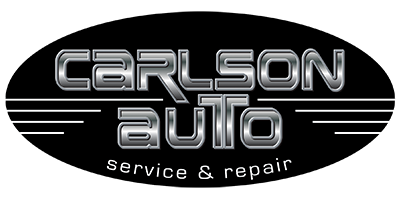The alternator is an auto part that produces electricity that flows to the battery in your vehicle. It is then used to run the electrical components in your vehicle. The alternator keeps the battery from losing its charge and eventually dying. When the battery dies, all the electrical features included on your vehicle will die too. Alternators produce alternating currents, which is where alternators got their name. If you notice an issue with how the vehicle is starting and running, make sure to bring it in as soon as you can. We can inspect the parts under the hood to make sure they are running efficiently and at top performance levels.
What Makes up an Alternator?
Alternators are constructed using an aluminum outer housing, making it lightweight and non-magnetic. This feature is important since aluminum dissipates the heat generated by producing electrical power. Alternators have vents on both the front and backside to dispense the heat that is created. When the engine is running, the crankshaft turns the drive belt, which in turn spins the pulley on the rotor shaft. The backside of the alternator is made up of five terminals, which make up many different parts of the component. Having a cool alternator is essential in its efficiency, which is why you will notice cooling fans within the aluminum housing. Inside of the alternator is where triangular finger poles are housed around the circumference. This is the rotor that spins at high speeds. The triangular poles that are around the circumference of the rotor are in a staggered pattern. This pattern creates a magnetic field that in turn induces voltage, allowing for the alternator to do its job.
Signs of a Poor Alternator
The alternator is essential to keep your vehicle running for a long time, which is why you should check for signs that it is failing to keep your engine strong. By keeping an eye on the dashboard of your vehicle, you will be able to see the battery or alternator flashing light. If you notice this sign when you start your vehicle you should not drive until the issue is looked into by one of our technicians. If the lights on your dashboard or headlights are dim or flickering is a noticeable sign that something is wrong. By listening to your engine you can note grinding or squealing sounds, which indicate that your alternator bearings are being worn down or your alternator belt is failing. If your vehicle will not start, this is often a main sign of a bad alternator or battery. Performing regular car maintenance is important for the life and quality of your vehicle.
Other Electronic parts of Your Vehicle
Just like most electrical systems, they can only hold a certain power of voltage. If you are considering installing an aftermarket stereo with an amplifier, it is necessary to increase the output of the alternator. For instance, you should make sure that the amount of amp exceeds the amps of the alternator. Having too little amps is not good on your engine, as it can cause overheating because it has to operate too close to its maximum capacity. If you are considering having any accessories installed in your vehicle, make sure to consult us to ensure the vehicle can handle it.
